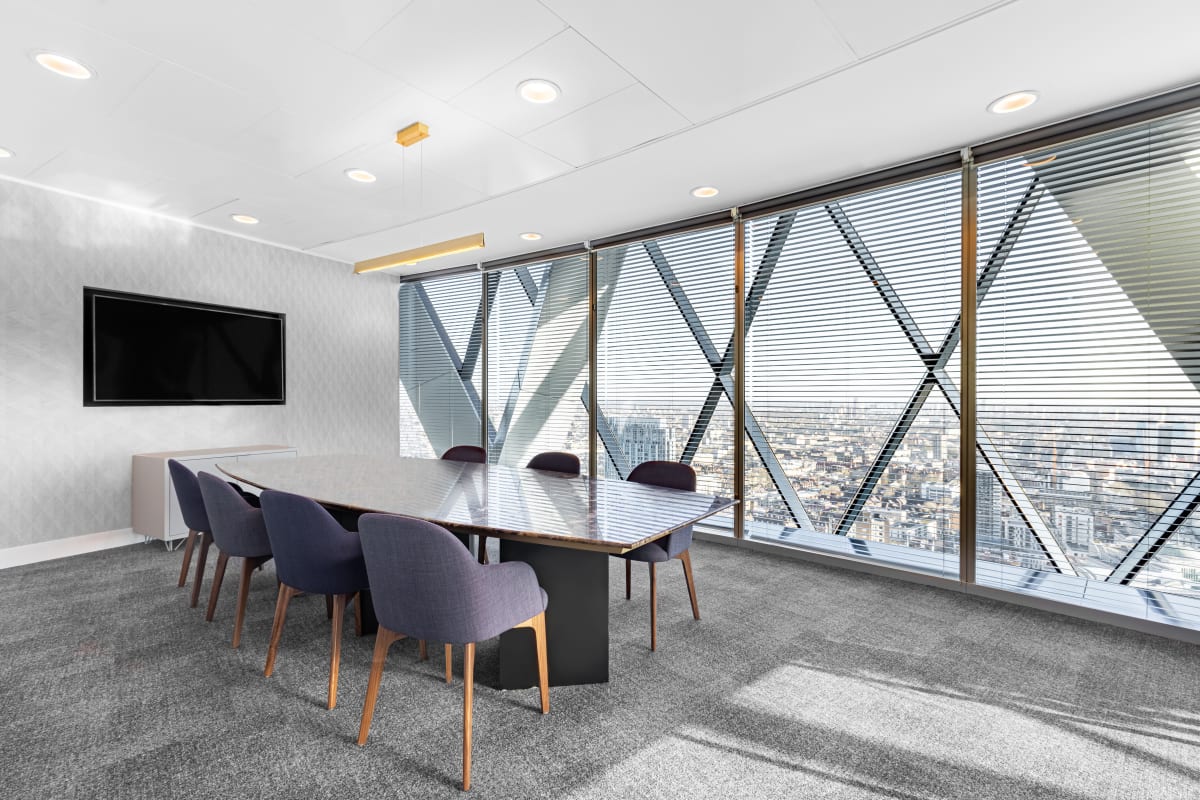Article updated in August 2020.
“Investors are paying close attention to the rapid growth of the flexible space market,” reported JLL in November 2018. Eighteen months later, and with recent events front of mind, the attention paid to ‘flexspace’ is only increasing. With expert predictions that 30% of all office space will be of the flexible variety by 2030, there has never been a better time for investors and property owners to take a closer look.
To understand the flexspace landscape today, it pays to go back to the beginning. Since 2008, the world has seen a steady increase in the number of ‘portfolio workers’ (a person who works for several different companies at the same time) and the emergence of the gig economy, which is based on flexible, temporary, or freelance jobs. It was this new working reality that initially led to the need for flexible office space, or ‘flexspace’. Ideal for businesses and sole traders who didn’t need, or couldn’t commit to a long-term lease, one of the key benefits of flexspace was how it could be scaled up or down in size, as demand dictated, and offered routine maintenance as part of the deal.
Within the last couple of years, flexspace only grew in popularity. It was widely reported that savvy employers were investing in flexspace to attract and retain top talent, particularly Millennials – the largest demographic in the global workforce, who were coming of age and demanding a better work/life balance. And as a better work/life balance often involves cutting the commute in a bid to be closer to loved ones – meaning the need for flexspace was stronger in suburbs and smaller cities, rather than so-called “top-tier” locations.
Fast forward to present day, and this rising demand for flexspace is unlikely to come to a halt. Indeed, it could play a crucial role in the future world of work – not just because it chimes with modern ways of working, but also due to its adaptability in a time of economic uncertainty. Because many businesses are unable to predict their future office needs, they are naturally unwilling to commit to the types of leases demanded by traditional landlords. This makes flexspace a far more attractive proposition, since contracts can be adapted to suit: from the sole trader booking a meeting room for an hour to the company renting an office for a couple of months, the variety of options makes flexspace a superior choice in today’s fast-changing financial climate.
According to the recent Suburban Economic Survey, local flexspace is set to contribute £196bn ($254bn) to smaller cities, suburbs and towns over the next decade. The independent report, undertaken on behalf of Regus by Development Economics, found that the introduction of a local flexspace comes with an average gross value add (GVA) of £12.7m ($16.47m) per area per annum, thanks to the trickledown effect created by a brand-new centre of commerce. For the investor or owner of a property portfolio, this is clear evidence that the trend for flexspace is only set to grow in popularity – making it a viable business opportunity that’s also easily scalable.
For Regus-owner IWG – the world’s largest provider of flexible workspace – the flexible franchise market is key to its ambitious plans for expansion. The group, which has more than 3,400 locations today, wants to multiply that figure by more than tenfold in the next 10 years – and it has identified the franchise model as the best way of achieving that. “In order to achieve the goal of national coverage – every town, city and suburb – it has to be done with partners,” IWG CEO Mark Dixon says. “For us, those partners are franchise partners, building-owner partners and investor partners.” As a group with a global reach (and the resources to support it), potential franchisees are accompanied every step of the way.
That global reach is unmatched, making a Regus franchise an attractive proposition. The benefits of partnering with an operator of more than 30 years’ standing include a unique opportunity to open a tried and tested business model in an unsaturated yet high-demand industry; advice on the best location to open centres; support finding the right buildings; help structuring floor plans to maximise revenue; IT and marketing services; business development and business performance review support to ensure the franchise partner’s investment is performing at an optimum level of return. In short, IWG’s franchise model presents an accessible, fully supported and easy-to-operate business opportunity.
For anyone looking to invest in a rapidly growing sector and benefit from market-leading knowledge, coupled with global scale, IWG and Regus could make for the ideal partner. As a publicly traded company, IWG is a fully transparent one – and that translates to the way it does everyday business too. The group’s franchise model is one that rewards long-lasting business relationships, and the best way of doing that is to start off with the right partner. That way, there’s every chance of franchise success.






